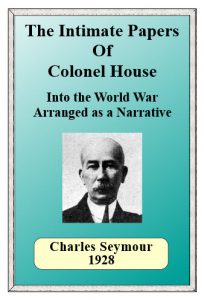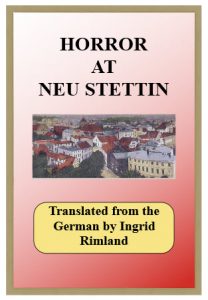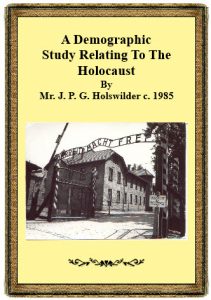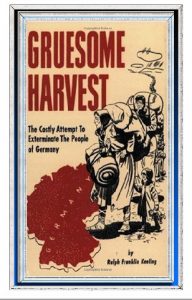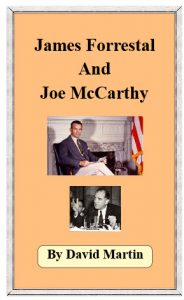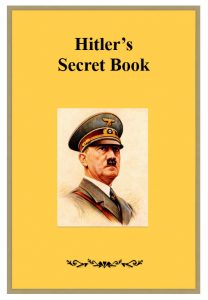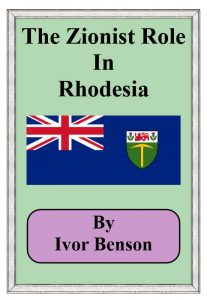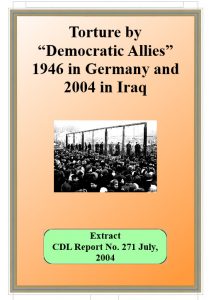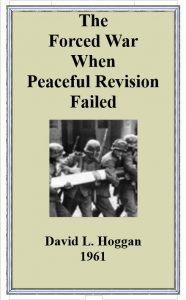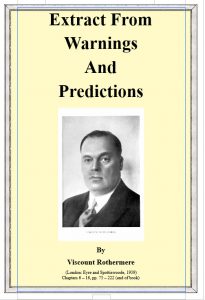THE two concluding volumes of The Intimate Papers of Colonel House begin with the entrance of the United States into the World War and end with Colonel House’s attempt to secure some compromise on the basis of which the Senate might ratify the Versailles Treaty, including the Covenant of the League of Nations. Their central theme is American participation in the war and the Peace Conference, in so far as the papers of Colonel House shed light on the American effort and Wilsonian policies. Readers of the two preceding volumes will remember that Colonel House, although not an officeholder, occupied a special position in relation to Wilson’s administration at the time the United States became a belligerent. He had been chosen by the President as his personal representative and sent on three separate missions to the European Governments in 1914 and the two following years. As Wilson’s representative he had come in close contact with European leaders during the period of American neutrality.
It was natural that, during the war, President Wilson should look to House for advice on every matter that touched American relations with the Allies and especially on all problems of war aims. He selected him as chief of the organization for preparing the American case at the Peace Conference, appointed him head of the American War Mission to Europe for the coordination of military and industrial efforts, asked him to draft a constitution for a league of nations, and again sent him to Europe as American representative on the Supreme War Council when it arranged the armistice with Germany. At the Peace Conference, House was Commissioner Plenipotentiary, and, because of his intimate personal relations with European statesmen, was constantly used by the President to conduct the most delicate negotiations. During Wilson’s absence from Paris and his illness, the President selected him to take his place on the Supreme Council.
